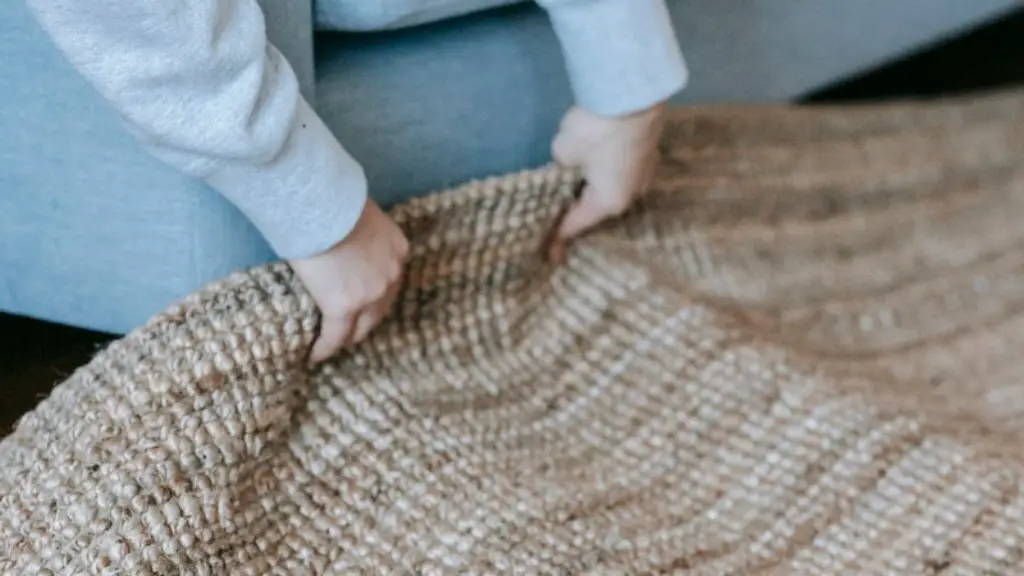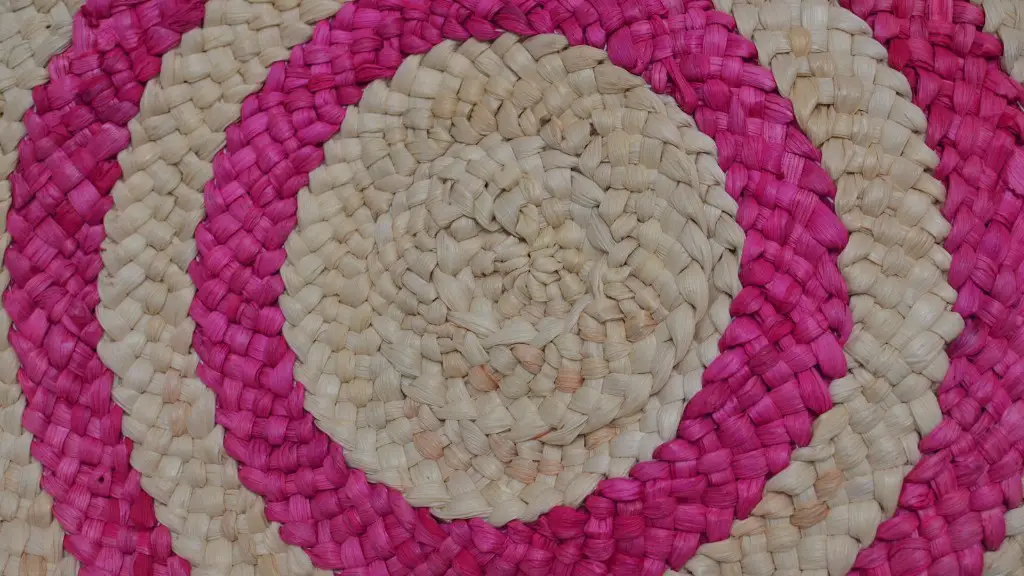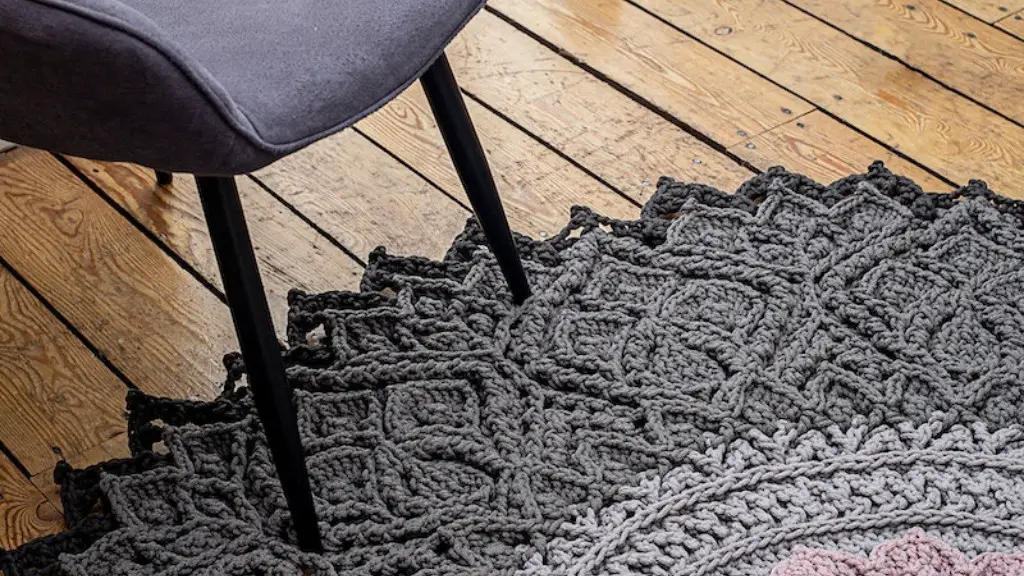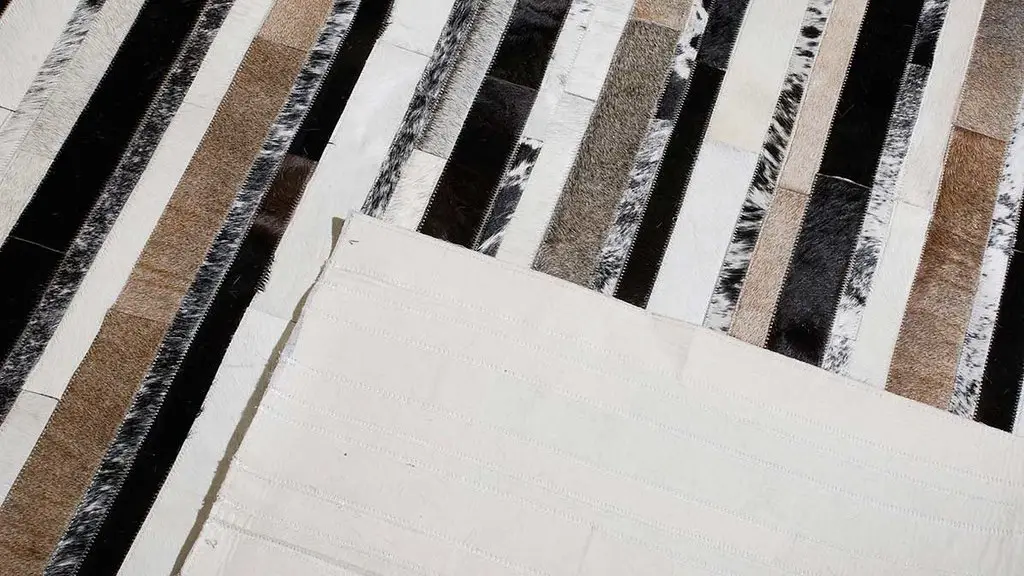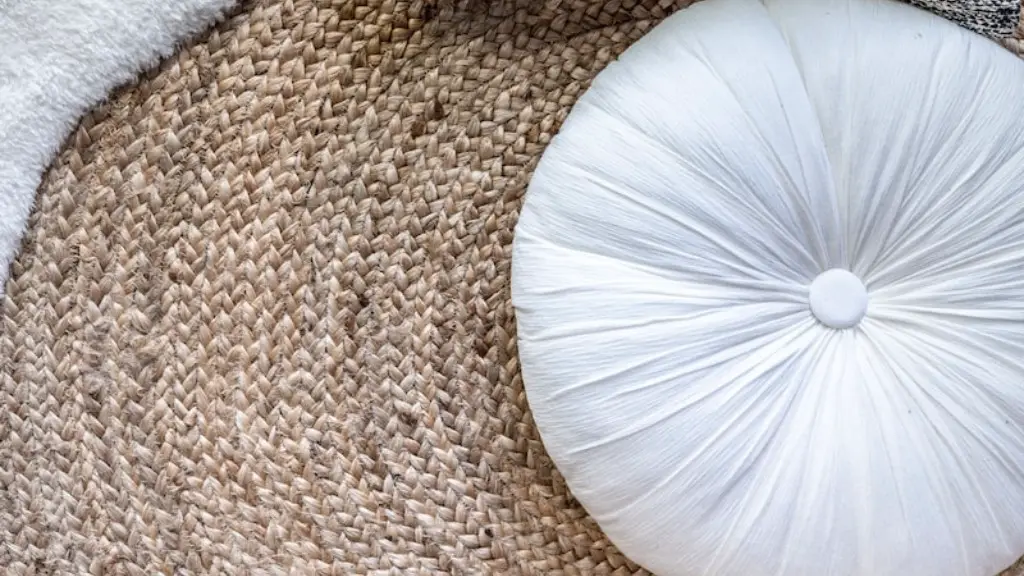Most carpet is treated with pesticides to protect against stains and dirt, but these chemicals can be dangerous to your family’s health. Luckily, there are a few simple steps you can take to remove pesticides from your carpet. With a little effort, you can create a safer and healthier home for your family.
There is no one-size-fits-all answer to this question, as the best method for removing pesticides from carpet will vary depending on the type and extent of contamination. However, some common methods for dealing with this type of contamination include vacuuming, steam cleaning, and using specifically-designed carpet cleaners. In cases of severe contamination, it may be necessary to replace the entire carpet.
Can pesticides be washed off?
Washing produce with water is the best way to remove dirt, germs, and pesticide residues. rubbing produce under running water is better than dunking it.
If you are using pesticides around your home, it is important to remember that some of them can be neutralized with household bleach. This includes organophosphate insecticides, like malathion, diazinon, and chlorpyriphos. However, it is important to remember that bleach can be hazardous to use, so be sure to follow the directions carefully. If you do spill some bleach, be sure to absorb it first, as explained above, and then use the bleach to neutralize the pesticide.
How do you clean your house after using pesticides
Most pesticide sprays are designed to last for 30-90 days, so you can mop the floors with warm soapy water but avoid mopping the wall areas. Be sure to check with your home exterminator for specific instructions. Be mindful of cleaning the edges of the wall right away as it may interfere with treatment.
While you can remove pesticide residues using a soaking solution such as vinegar and water or salt and water, it’s not advisable. There’s a small risk the chemical reaction between the pesticides and the solution could produce potentially harmful compounds.
Are pesticides harmful once dried?
Pesticides can be toxic to pets if they lick, chew, or eat treated plants or other items. Once the pesticides have dried, residues can remain on surfaces and be harmful to pets. Consider taking precautions to prevent your pet from coming into contact with pesticides.
Sodium bicarbonate is an effective surface pesticide residue remover when compared to tap water or Clorox bleach. This is due to the fact that sodium bicarbonate is a base, and therefore reacts with the acidic pesticide residues to neutralize them.
Does hydrogen peroxide remove pesticides?
The hydrogen peroxide is a powerful anti-microbial that will help remove bacteria from the surface of the produce and also helps in removing pesticides. This will ensure that the produce is safe to eat and will also help to prolong its shelf life.
Pesticide half-lives can help us to understand how long a chemical will remain in the environment. Chemicals with shorter half-lives will disappear from the environment more quickly, while those with longer half-lives will persist for a longer time.
How long does pesticide residue last
Pesticide half-lives can range from a few hours to 4-5 years, depending on the situation. Most pesticides are broken down by microbes in the soil, so environmental conditions that reduce microbial activity (cold, dry conditions) will extend the amount of time the pesticide remains in the soil.
This refers to how long it takes for paint to dry. Generally, it will take 2 to 4 hours for the paint to dry. However, this will depend on the type of paint that is being used as well as the conditions that it is being applied in.
How long after pest control can I vacuum?
If you must clean your home during the waiting period after treatment, our technical pest team recommends leaving 10-15cm around any skirting boards to avoid washing away any products.
Soaking your produce in a baking soda solution is a great way to get rid of any chemicals that may be on them. Just be sure to soak for at least two minutes to ensure that all the chemicals are removed.
Does baking remove pesticides
The study found that soaking apples in a 1 percent baking soda solution for 15 minutes removed 20 percent of one common pesticide and 44 percent of another. This is a simple and effective way to remove some of the harmful pesticides from your fruit.
The most effective way to remove pesticides from your fruits and vegetables is to wash them under cold running water. This method removes about 80% of pesticide residues. You can also remove pesticides by using vinegar, which removes between 80% and 90% of pesticide residues.
Is pesticide safe after it dries indoors?
If you come into contact with an insecticide, it is important to not touch the residue and to avoid breathing in any airborne particles. Once the material has dried, the risk of poisoning is greatly diminished.
Dermal absorption is the process by which chemicals can enter the bloodstream through the skin. Many chemicals used in the workplace can damage organs if they penetrate the skin and enter the bloodstream. Examples of these chemicals include pesticides and organic solvents. How fast the skin absorbs chemicals depends largely on the outer layer of the skin called the stratum corneum.
How long to wait after pesticide spray indoors
If you need to enter your home after an exterminator has applied chemicals, you should wait two to four hours. You should be cautious, because if you enter your home suddenly, the chemicals can affect your respiratory system and your skin can absorb them, which can be harmful.
This is a great way to clean your fruits and vegetables and remove common pesticide residues including DDT. Rinse with water afterwards.
Final Words
There is no single definitive answer to this question, as the best method for removing pesticides from carpet will vary depending on the type and severity of the contamination. However, some common methods for removing pesticides from carpet include vacuuming, steam cleaning, and shampooing.
If you suspect your carpet has been treated with pesticides, contact a professional carpet cleaner. Pesticides can be difficult to remove and may require special cleaners or treatments. If you have children or pets, be sure to ask the carpet cleaner about safe products and procedures.
